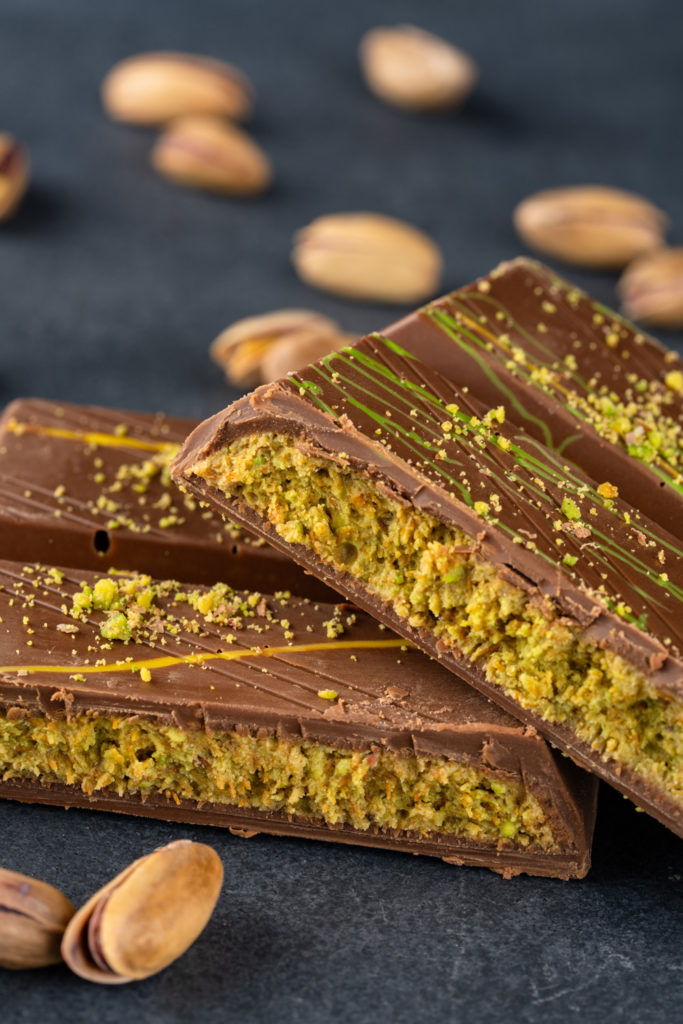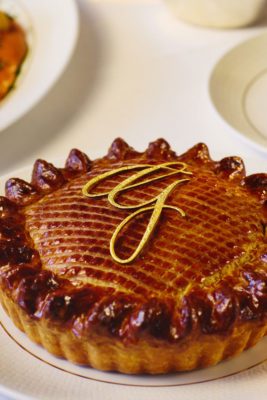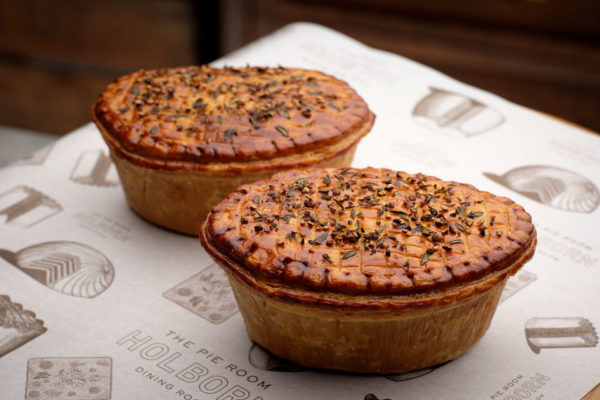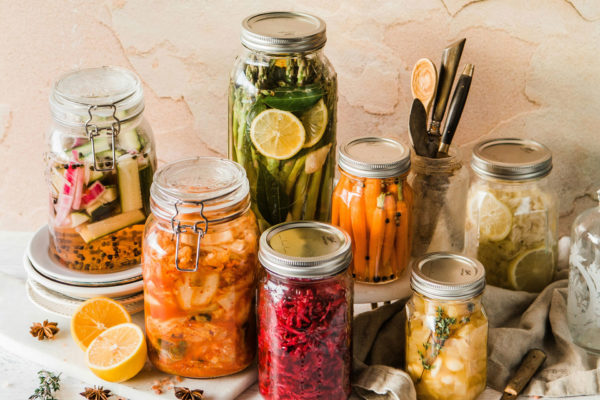Could Pie And Mash Get Protected Status?
By
5 months ago
The British staple is in the spotlight thanks to a new campaign
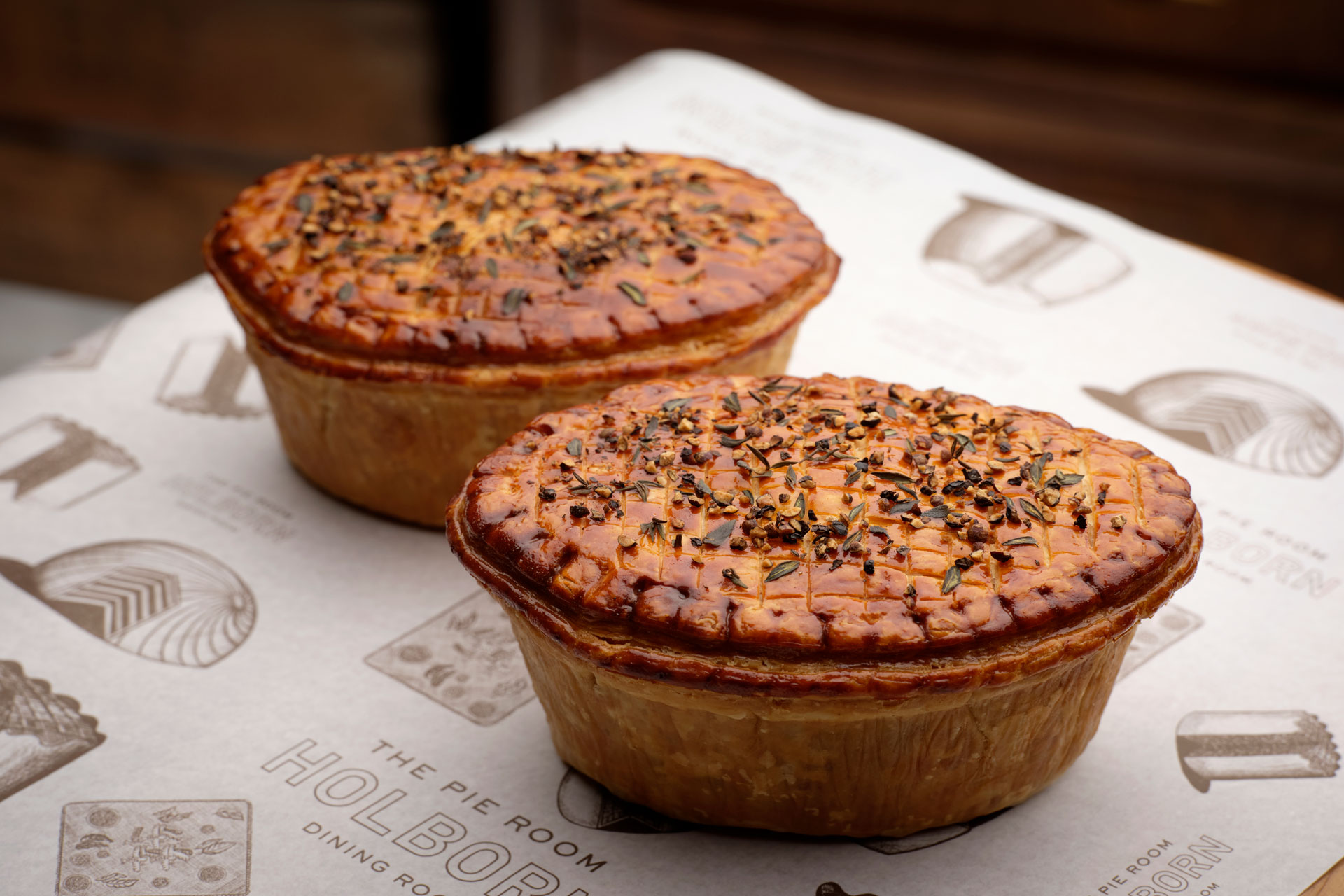
Pie and mash is up there with some of Britain’s most famous dishes, with its roots in London’s East End. And now the Cockney staple could be in the running for protected status, joining foods like the Cornish pasty and Scottish salmon.
Campaign Underway For Pie And Mash To Get Protected Status
In a debate at Westminster Hall on Tuesday 22 October, the Conservative MP for Basildon and Billericay, Richard Holden, called for pie and mash to get Traditional Specialty Guaranteed (TSG) status.
Holden said: ‘The pie, mash and liquors are freshly made to authentic family-own recipes passed down through generations like precious heirlooms. Something that, let’s say in Italy or France, would be instantly recognised as something worth celebrating and preserving.’
He added: ‘It is a staple of Cockney cuisine moving out to places like the east of England and into Kent as the Cockney diaspora moved post-war. That’s the reason I have pie and mash shops in Basildon today, and we are seeking recognition to safeguard the heritage and to promote it both here and internationally.’
Holden received a positive response from environment minister Daniel Zeichner, who said the government would ‘go big’ on regional food, and would ‘warmly welcome a formal application’.
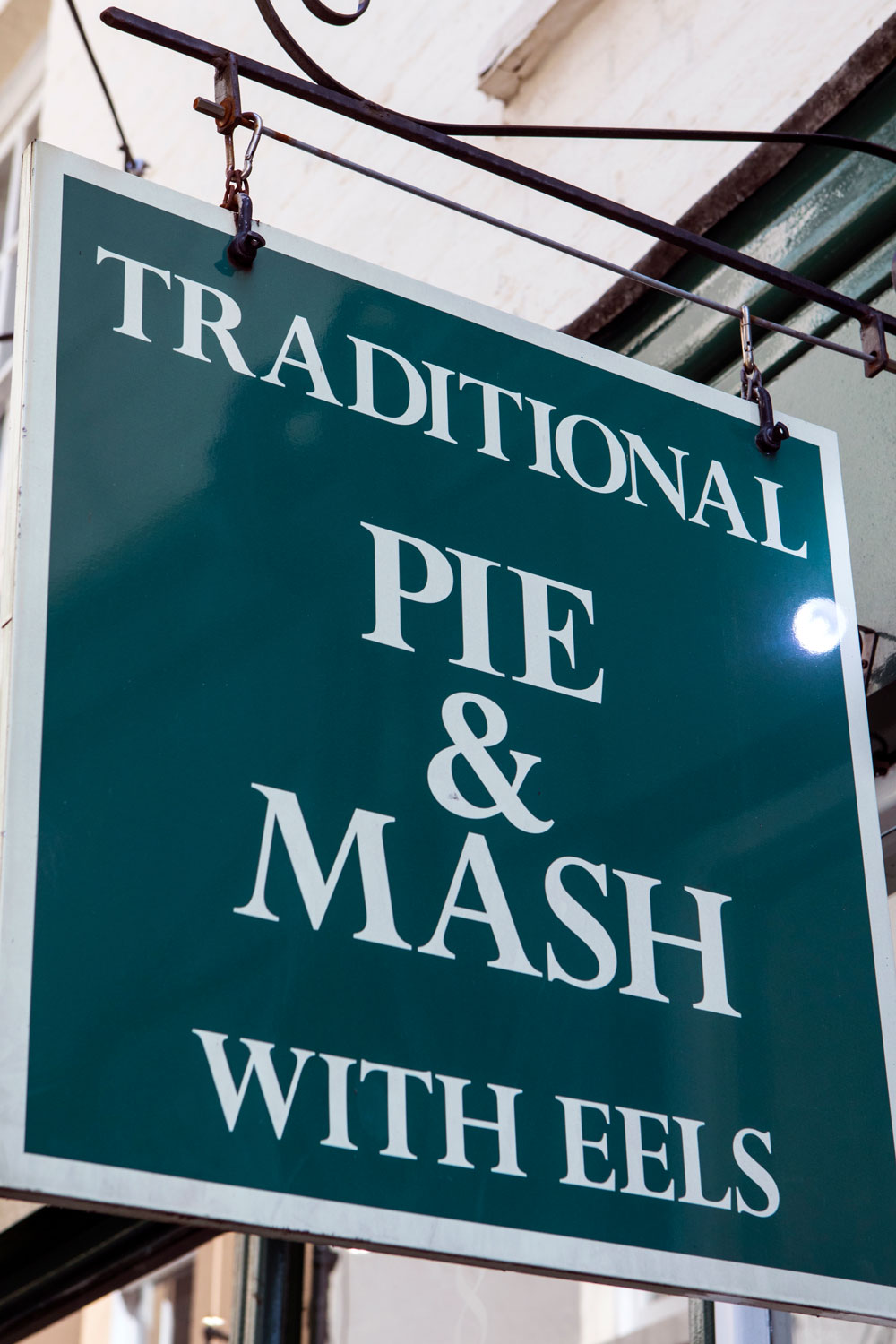
Getty Images
Pie and mash first became popular in the eastern docklands area of London during the Victorian era. It was traditionally filled with minced beef, mashed potatoes and a parsley sauce known as liquor, often accompanied by jellied eels – one of the few forms of fish that could survive in a heavily polluted River Thames.
The first recorded pie shop was Henry Blanchard’s at 101 Union Street, which opened in Southwark in 1844 – described as an ‘Eel Pie House’. Almost 30 years ago there were 60 pie and mash shops across London, but by 2020 only around a third of those remained.
Which British Foods Have Protected Status?
TSG status is awarded to products with a particular production method or composition, designed to provide a protection scheme for traditional foods. There are about 100 well-known British foods with the accolade, including:
- Melton Mowbray Pork Pies (here’s the official recipe)
- Cornish pasties
- Cumberland sausages
- Jersey Royal potatoes
- Scottish salmon
- Gloucestershire Old Spots pork
- Dorset blue cheese



